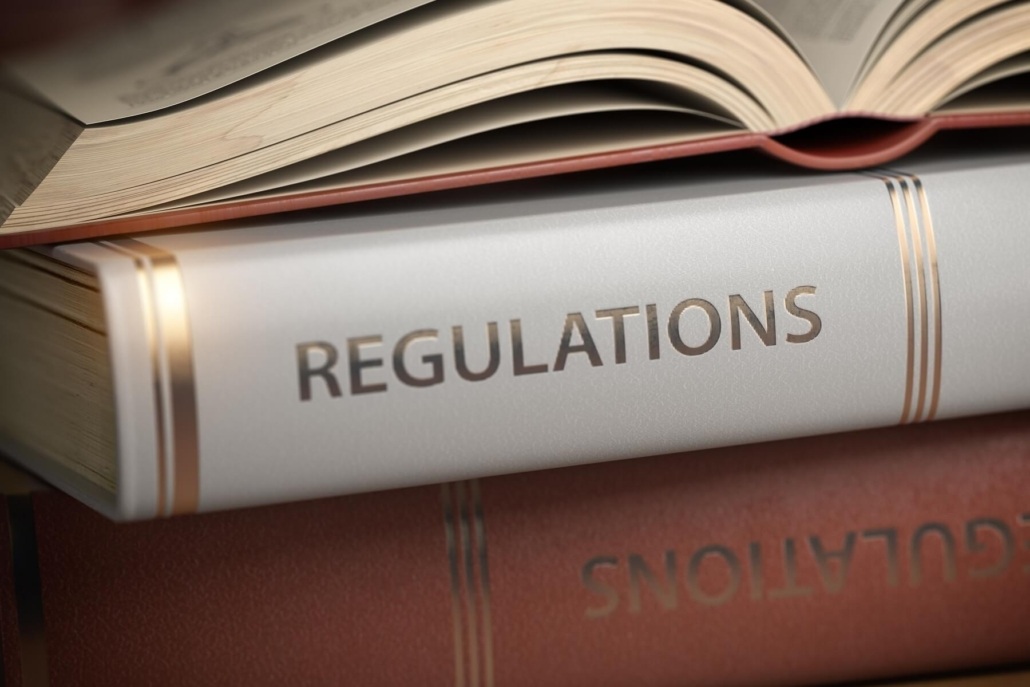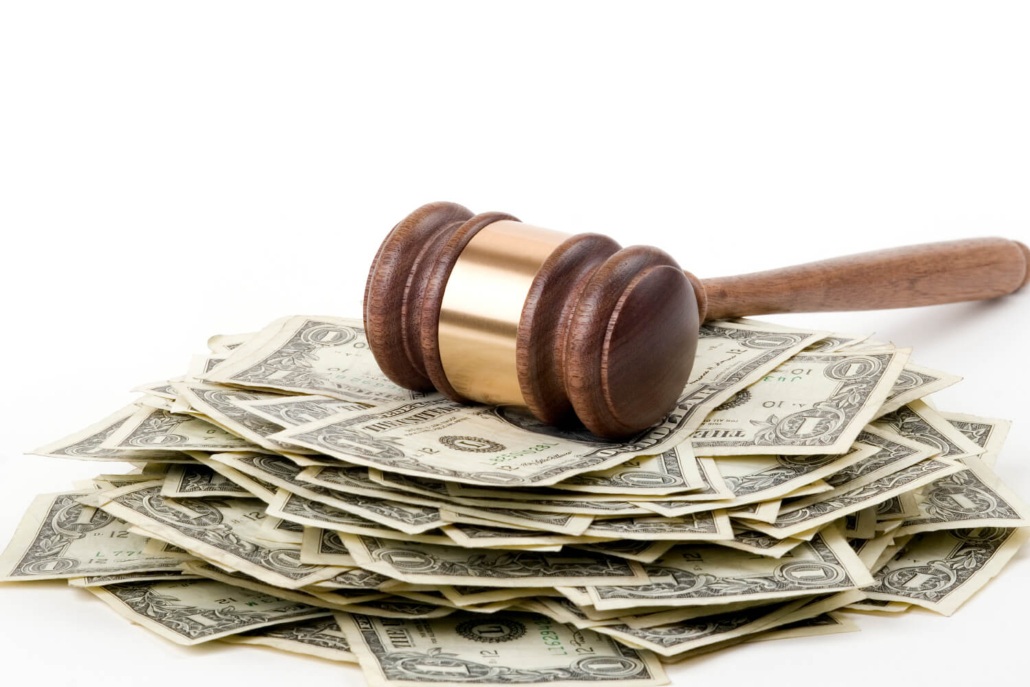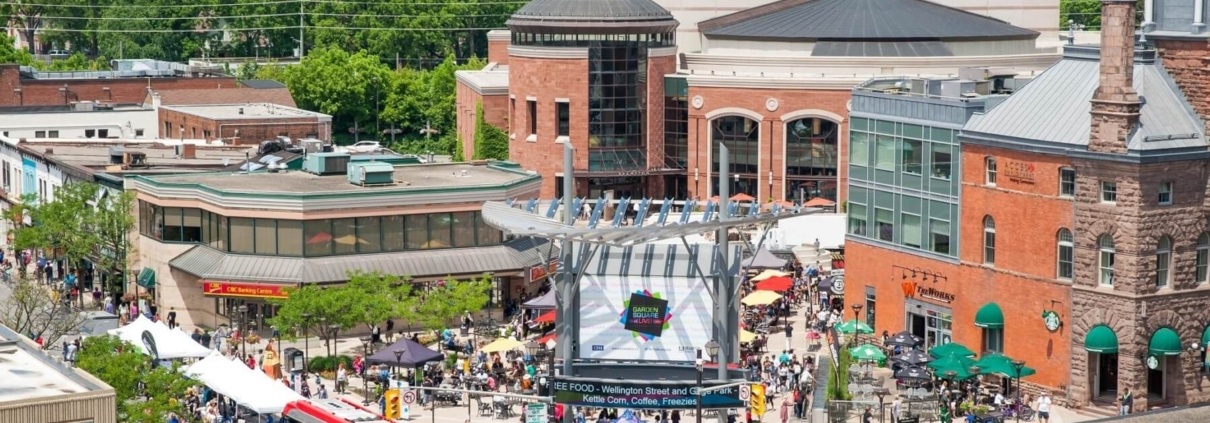Airbnb Regulations in Brampton, Ontario: Understanding the Rules
Brampton, Ontario, is a popular tourist destination known for its rich history, cultural diversity, and natural beauty. Many visitors to Brampton choose to stay in short-term rentals like Airbnb, which offer a more affordable and unique lodging experience than traditional hotels. However, as with any type of accommodation, there are regulations and requirements that hosts and guests must follow to ensure safety, compliance, and mutual respect. In this article, we will discuss the Airbnb regulations in Brampton, Ontario, and what you need to know before hosting.
Check out Airbnb Regulations in Oakville.
What is Airbnb?
Airbnb is an online marketplace that connects travelers with hosts who have spare rooms, apartments, or entire homes available for rent. Hosts list their properties on Airbnb, set their own prices, and accept or decline bookings based on availability and criteria. Guests can browse listings, read reviews, and book their stays directly through the Airbnb website or app. Airbnb charges a service fee and collects payment from guests on behalf of hosts.
Why are Airbnb regulations necessary?

Airbnb regulations are necessary to ensure the safety, security, and welfare of guests, hosts, and the community as a whole. Short-term rentals can have a significant impact on neighborhoods and housing markets, and without proper oversight, they can lead to noise, nuisance, and other issues. By setting regulations, municipalities like Brampton can mitigate the negative effects of short-term rentals while still allowing for their economic benefits.
What are the Airbnb regulations in Brampton?
The City of Brampton has introduced regulations for short-term rentals, including Airbnb. Explore Short-Term Rental By-law | City of Brampton.
Here are some of the key requirements and restrictions:
Licensing: All short-term rentals in Brampton must be licensed by the City. Hosts must apply for a license and pay a fee to operate a short-term rental. The license must be renewed annually.
Primary Residence: Hosts must live in the property they are renting out. They cannot rent out second homes or investment properties. The principal residence may only be rented out temporarily for a total of 180 days each year.
Maximum Occupancy: The maximum number of rooms allowed in a short-term rental is three.
Insurance: Hosts must carry liability insurance and provide proof of insurance to the City.
Health and Safety Standards: Short-term rentals must meet health and safety standards set by the City. Hosts must provide a list of safety features, such as smoke detectors and fire extinguishers, and ensure that their properties are free from hazards.
Noise and Disturbance: Short-term rentals must not create noise or disturbance that can be heard from outside the property between 11 PM and 7 AM.
Waste Management: Airbnb hosts in Brampton must ensure that waste management practices are followed by their guests. This includes ensuring that garbage and recycling are properly disposed of and that excess waste is not left on the property.
Taxes: Hosts must collect and remit a 4% Municipal Accommodation Tax (MAT) on all short-term rental bookings.
Enforcement: The City of Brampton will enforce these regulations through a complaint-based system. If a neighbor or guest complains about a short-term rental, the City will investigate and take appropriate action if necessary.
Check out more here.
What are the consequences of violating Airbnb regulations in Brampton?

Hosts who violate Airbnb regulations in Brampton may face fines, penalties, or other enforcement actions. The severity of the violation and the degree of harm or risk involved will determine the amount of the penalty. Some potential consequences of violating Airbnb regulations in Brampton include fines ranging from $1,000 to $25,000 per day, license suspension or revocation, and legal action.
How do I ensure compliance with Airbnb regulations in Brampton?
If you are a host on Airbnb in Brampton, there are several steps you can take to ensure compliance with the regulations:
- Check the local regulations: Familiarize yourself with the regulations specific to Brampton. You can check with the local government or contact Airbnb customer service to get more information.
- Obtain necessary permits and licenses: If required by local regulations, ensure that you obtain all necessary permits and licenses before listing your property on Airbnb.
- Follow safety requirements: Ensure that your property meets all safety requirements, such as having smoke detectors, fire extinguishers, and first aid kits available for guests.
- Keep accurate records: Keep accurate records of all guests who stay in your property, including their names, contact information, and dates of stay. This information may be required by local authorities or Airbnb.
- Collect and remit taxes: Depending on the regulations in Brampton, you may need to collect and remit taxes on your Airbnb income. Check with the local government for more information.
- Be transparent with guests: Clearly communicate any rules or regulations related to your property with guests before they arrive, and be available to answer any questions they may have during their stay.
What are the benefits of complying with Airbnb regulations in Brampton?
Complying with Airbnb regulations in Brampton can have several benefits, including avoiding fines and penalties, maintaining good relationships with neighbors and the community, and ensuring the safety and comfort of guests. Additionally, hosts who comply with regulations may attract more bookings and positive reviews from guests who value responsible and legal short-term rentals.
How do Airbnb regulations in Brampton compare to other cities?
Airbnb regulations vary from city to city and even from state to state. Some cities have strict regulations and licensing requirements, while others have more relaxed rules. In Ontario, several cities have introduced regulations for short-term rentals, including Toronto, Ottawa, and Mississauga. In Toronto, for example, hosts must obtain a short-term rental license, pay a fee, and comply with occupancy limits and other requirements.
What is the future of Airbnb regulations in Brampton?
As the popularity of short-term rentals continues to grow, cities like Brampton may introduce more regulations and restrictions to balance the economic benefits with the concerns of residents and housing markets. Additionally, the COVID-19 pandemic has raised new issues for short-term rentals, including the need for enhanced cleaning protocols and social distancing measures. It is important for hosts and guests to stay informed about the latest regulations and best practices to ensure safe and responsible short-term rentals.
Conclusion
Airbnb regulations in Brampton, Ontario, are designed to promote safe and responsible short-term rentals while mitigating the negative effects on neighborhoods and housing markets. Hosts must comply with licensing requirements, occupancy limits, insurance and safety standards, and tax collection. Non-compliance can result in fines, penalties, and other enforcement actions. By following the regulations and best practices, hosts and guests can ensure a positive and enjoyable experience for everyone involved.
Familiarize yourself with the Steps on How to Start an Airbnb Business in Niagara Falls.












